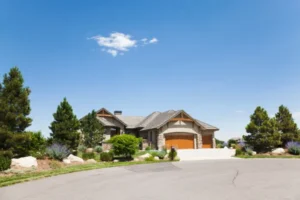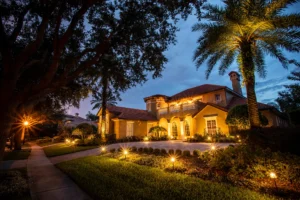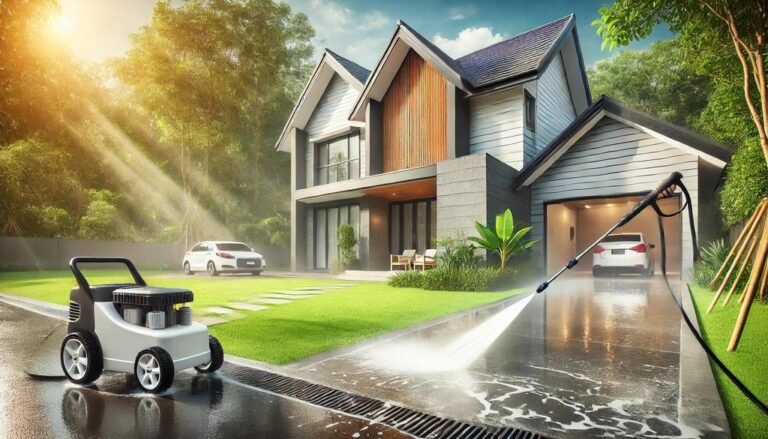
As awareness about environmental sustainability continues to grow, many homeowners are looking for ways to make eco-friendly choices when it comes to their home renovations, including their decking material. Decks are a popular addition to many homes, providing a space for outdoor entertainment and relaxation. However, not all decking materials are created equal when it comes to their impact on the environment. In this article, we’ll explore the most environmentally friendly decking materials available on the market today, their benefits, and considerations for making a sustainable choice for your deck.
Composite Decking
Composite decking is made from a combination of recycled wood fibers and plastic, typically sourced from recycled materials such as reclaimed wood and plastic bottles. This makes composite decking an excellent environmentally friendly option, as it helps reduce waste and promotes recycling. Additionally, composite decking doesn’t require the use of harmful chemicals, such as preservatives or sealants, which are often used in other decking materials. It is also resistant to rot, decay, and insect damage, which means it has a longer lifespan, reducing the need for replacement and minimizing waste.

Hardwood Decking with Forest Stewardship Council (FSC) Certification
Hardwood decking, such as Ipe, Cumaru, and Tigerwood, can also be environmentally friendly if it comes from a reputable source with Forest Stewardship Council (FSC) certification. The FSC certification ensures that the wood is harvested from responsibly managed forests, where trees are replanted, and biodiversity and local communities are protected. It also ensures that the wood is harvested using environmentally responsible practices and that it is not sourced from illegal logging operations. Choosing FSC-certified hardwood decking supports sustainable forestry practices and helps protect endangered forests around the world.
Bamboo Decking
Bamboo is a rapidly renewable and sustainable material that can also be used for decking. Bamboo grows much faster than hardwood trees, reaching maturity in just a few years, making it an excellent option for eco-conscious homeowners. Bamboo decking is also highly durable and naturally resistant to decay, insects, and moisture, which means it requires minimal maintenance and has a long lifespan. However, it’s important to ensure that the bamboo used for decking is harvested from sustainable sources and manufactured using environmentally responsible processes.
Aluminum Decking
Aluminum decking is a highly durable and environmentally friendly option. It is made from recycled aluminum, which is one of the most recycled materials on the planet, and it can be recycled indefinitely without losing its quality. Aluminum decking is also resistant to rot, decay, and insect damage, and it doesn’t require any chemical treatments or sealants. Additionally, aluminum decking reflects heat, reducing the need for cooling during hot summer months and helping to conserve energy.

Reclaimed or Salvaged Wood
Using reclaimed or salvaged wood for your decking is another environmentally friendly option. Reclaimed wood is salvaged from old structures, such as barns, warehouses, and factories, and repurposed for new applications, including decking. Using reclaimed wood helps reduce the demand for new lumber and prevents valuable wood from ending up in landfills. Reclaimed wood also has a unique and rustic charm that adds character to your deck.
When choosing an environmentally friendly decking material, there are some considerations to keep in mind. Look for materials that are made from recycled or sustainably harvested materials, and have certifications such as FSC, GreenGuard, or Cradle to Cradle, which ensure that the product meets strict environmental standards. Consider the durability and lifespan of the material, as longer-lasting materials require less replacement and generate less waste. Also, think about the maintenance requirements of the decking material, as materials that require minimal maintenance reduce the use of chemicals and resources over time.
In conclusion, there are several environmentally friendly decking materials available, that each offer unique benefits and drawbacks. Speak with your local deck builder to learn more about what options make the most sense in your area and consider what design elements your deck needs.











